Projects
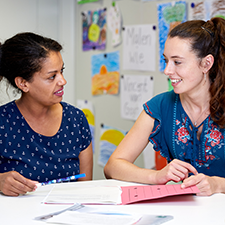
NO BIAS
The project aims to investigate the accuracy of judgement of trainee and experienced teachers. In particular, it focuses on the influence of stereotypes. Process data will be used to investigate teachers’ information processing and the influence of stereotypes on it, and to develop approaches to reduce the influence of stereotypes on judgements.
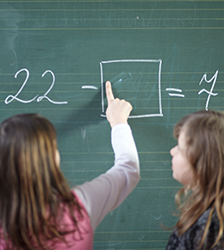
NUMBERS
The project NUMBERS investigates two trainings for classroom-based promotion of early quantity-number competencies and self-regulation in classes with a high percentage of immigrant students.

PACO
The PACO project investigated how families with schoolchildren adapt to different measures aimed at slowing the spread of the novel coronavirus. The focus was on the everyday experiences of parents in the period from the end of March to the end of April 2020.
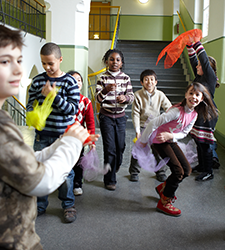
PaSS
The project PaSS evaluates the social validity of school-based prevention programmes that aim to foster social skills and reduce aggressive behaviour.

PELIKAN
The project PELIKAN focuses on factors that influence effective implementation of compensatory education for enhancing school readiness in kindergarten.
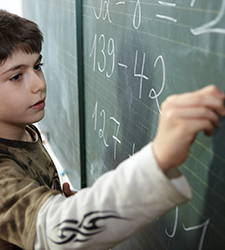
PERLE
The PERLE project is investigating whether computer-supported development of mathematics didactic competences leads to an improvement in early childhood education professionals’ ability to recognise and plan action.

PHIactio
PHIactio characterizes the relation between the beliefs of pre-service teachers and the quality of teaching of given miniature lessons.

PIVOTAL
As neuroscientific knowledge about brain function accumulates, it becomes increasingly important to derive a set of overarching general principles about how the human brain works. One promising approach is the concept of predictive coding, which posits that the brain functions like a prediction machine; internal models in the brain predict future states against which incoming […]
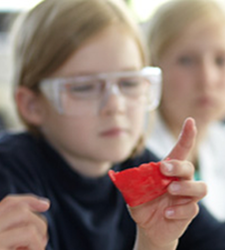
PREDICT
This project evaluates the potential of predictions generated by students to improve their learning. Further, it investigates the mechanisms that determine its success and asks whether there are age-related differences in its effectiveness.
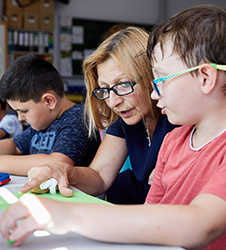
PRISMA
Working memory is central to school learning and is shaped by teacher–child relationships. Previous research has mainly focused on differences between children, although performance and relationships also vary substantially within the same child. Our project examines how these daily fluctuations affect short-term learning and long-term developmental pathways.